It's week two of Parliament's sitting calendar and MPs will continue debating whether the Government is good or bad with legislation scheduled for after the dinner break.
Things can change but here's the plan for Tuesday.
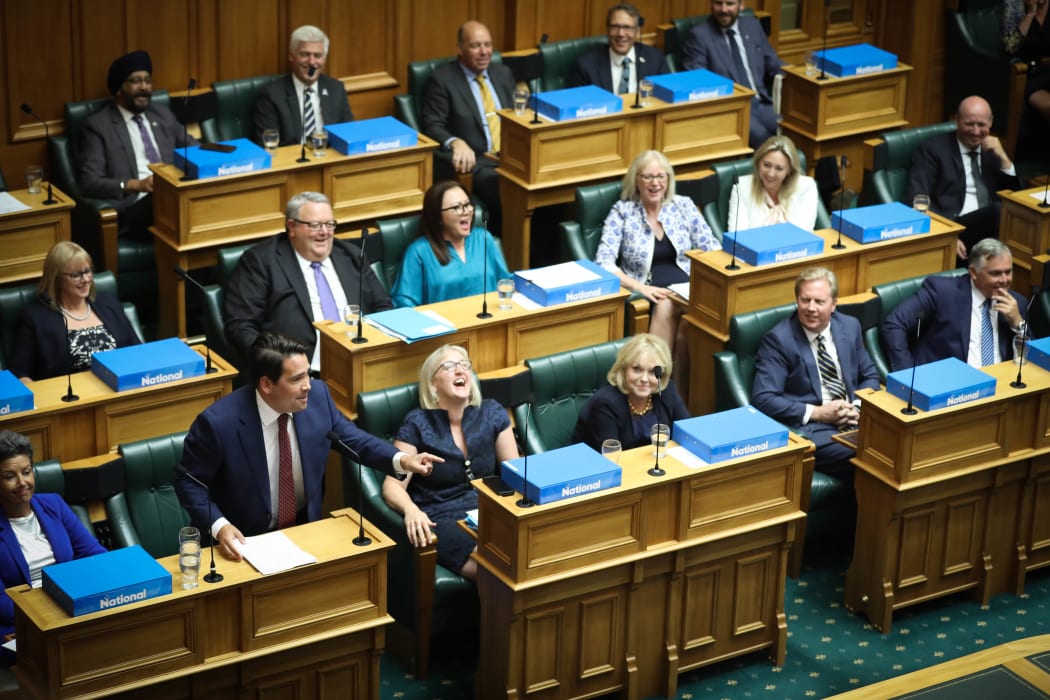
Leader of the Opposition Simon Bridges points the finger at the Government during the debate on the Prime Minister's Statement. Photo: VNP / Daniela Maoate-Cox
Question time - 2pm
Twelve oral questions to ministers designed to catch them out or support their work depending on who is asking.
Opposition MPs will often ask harder-hitting questions in an attempt to reveal the Government’s failings while MPs from government parties will ask softer, patsy questions to help a Minister boast about their accomplishments.
Supplementary (follow-up) questions are allocated to parties but are ultimately at the discretion of the Speaker.
Government good v government bad - 3pm - 6pm
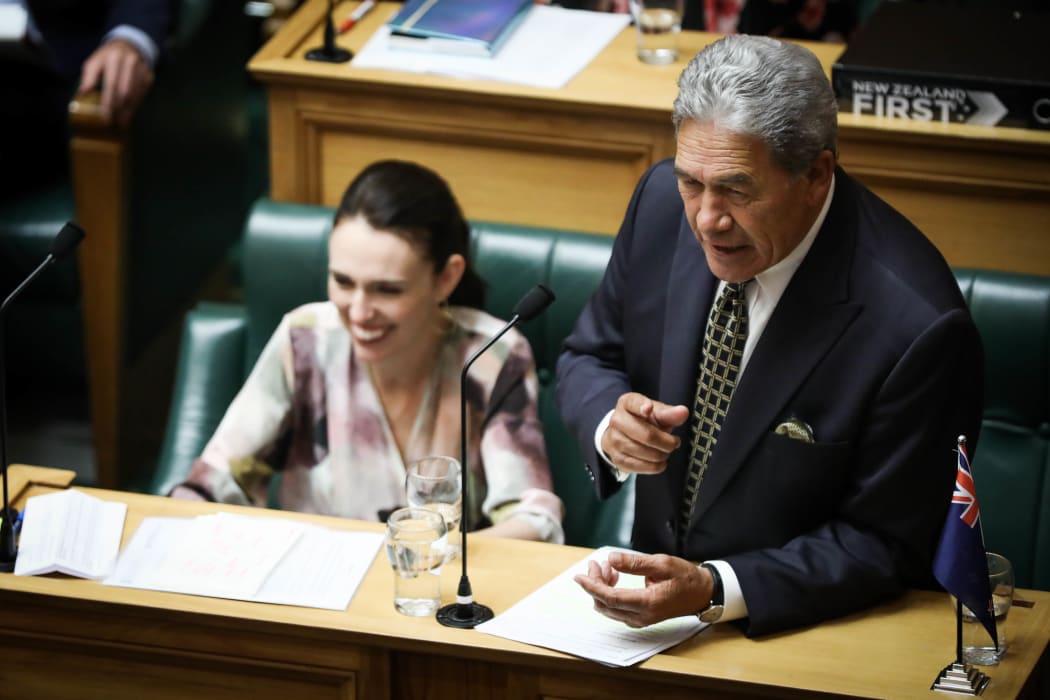
Deputy Prime Minister Winston Peters points the finger straight back at the Opposition during the debate on the Prime Minsiter's Statement. Photo: VNP / Daniela Maoate-Cox
What:
-
Officially titled: Debate on the Prime Minister’s Statement.
-
The Prime Minister’s Statement is a parliamentary paper which outlines the Government’s plan for the year.
-
Leaders of parties with six or more MPs get 20mins to speak on the Statement starting with the Prime Minister. Other MPs are then allowed to speak for up to 10 mins. A total of 13 hours is set aside in the House for this debate but it’s split over a few days. It’ll likely finish on Wednesday.
Why:
-
The debate is technically a confidence motion which means it’s about whether or not the House still has confidence in the Government to lead the country. If the House votes “no confidence” then the Government would have to bow out, and a new Government would be formed, either by MPs in the House who does have its confidence, or via a general election.
-
Losing a confidence vote is very rare, but the debate serves other purposes including: Giving the Opposition an extended opportunity to critique the Government's performance and plans; and reminding everyone that governments only rule the roost at the pleasure of Parliament.
Tax rates for 2019 - second reading

Photo: RNZ / Diego Opatowski
What:
-
Official titles: Taxation (Annual Rates for 2018/19, Modernising Tax Administration, and Remedial Matters) Bill
-
A second reading debate has 12 speeches of up to 10 minutes in length. There is only one speech left to get through in this debate.
-
This bill sets the income tax rates for the year and makes some other changes to the tax system including: introducing a “short process ruling” to allow small businesses to apply for a binding ruling from the Inland Revenue Department on how a taxation law would apply; allow people over 65 years to join KiwiSaver, although employers would not be obliged to make contributions for them; and add new KiwiSaver employee contribution rates of 6% and 10% to the existing rates of 3%, 4%, and 8%.
Who:
-
Minister of Revenue Stuart Nash is the sponsor of this bill.
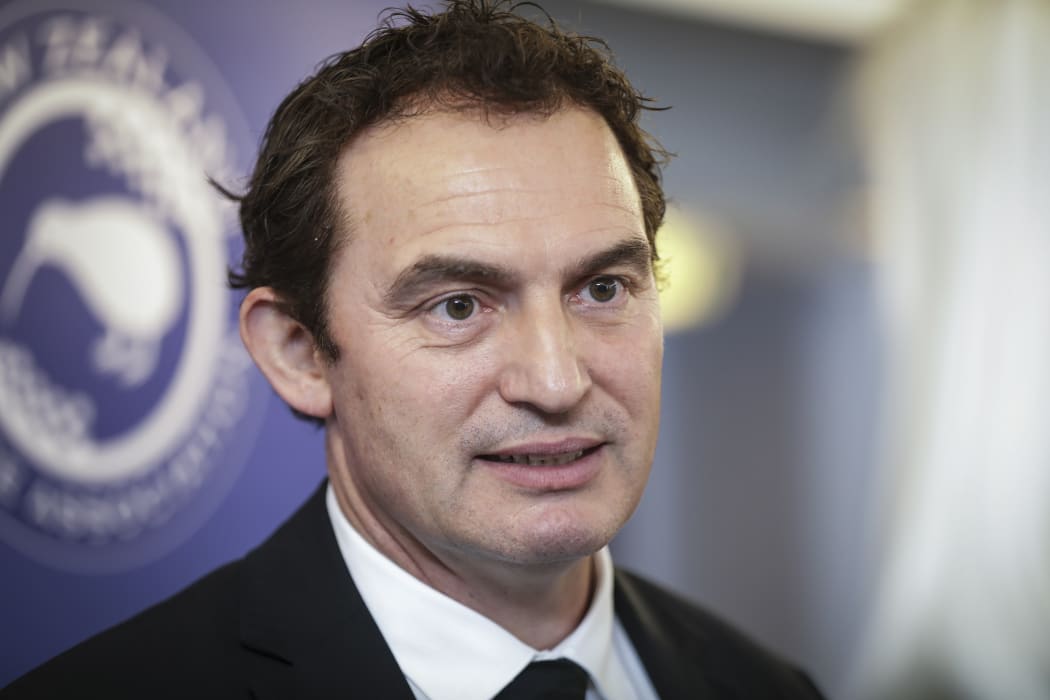
Photo: RNZ / Rebekah Parsons-King
Why:
-
Income tax is one of the ways the Government collects revenue to pay for things like health, transport, housing, and education.
-
A tax rate bill is inherently also a confidence motion (like the debate on the Prime Minister’s Statement). No Government can operate without money so if the House doesn’t approve this bill then the Government couldn’t afford to do what it wants and would need to step down.
Registering social workers - committee stage
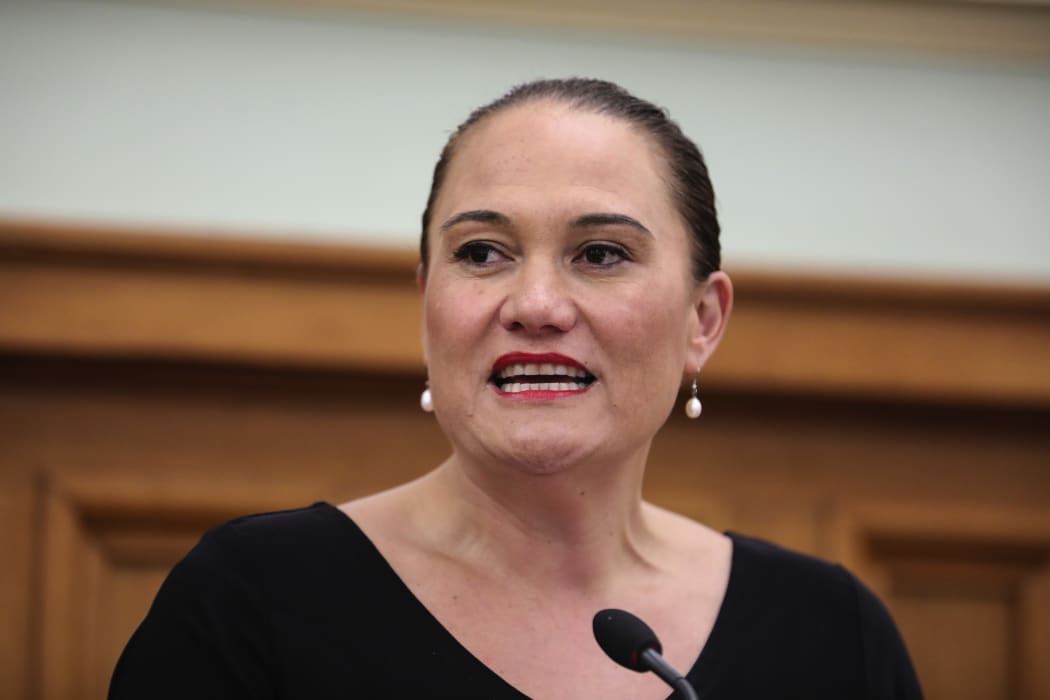
Minister of Social Development Carmel Sepuloni is in charge of the bill. Photo: RNZ / Richard Tindiller
What:
-
The committee stage of the Social Workers Registration Legislation Bill
-
It will require all social workers to register with the Social Workers Registration Board.
-
The Bill will also clarify the definition of a social worker.
-
The committee stage of a bill is one of the lengthier stages of a bill’s journey to law. The bill is pulled apart and debated in detail. MPs may also offer and discuss SOPs (Supplementary Order Papers) which propose changes to the bill.
Who:
-
The Bill is in the name of the Minister for Social Development, Carmel Sepuloni. It was first introduced under the previous National-led Government by the former Minister for Social Development, Anne Tolley so both sides of the House are likely to agree on this bill.
MP says what?
-
At its first reading Anne Tolley said “because of this bill, any person or family working with a social worker will know that the social worker has been vetted by the police, is subject to professional ethics, and that they are a professional who undertakes annual development as a condition of their registration.”
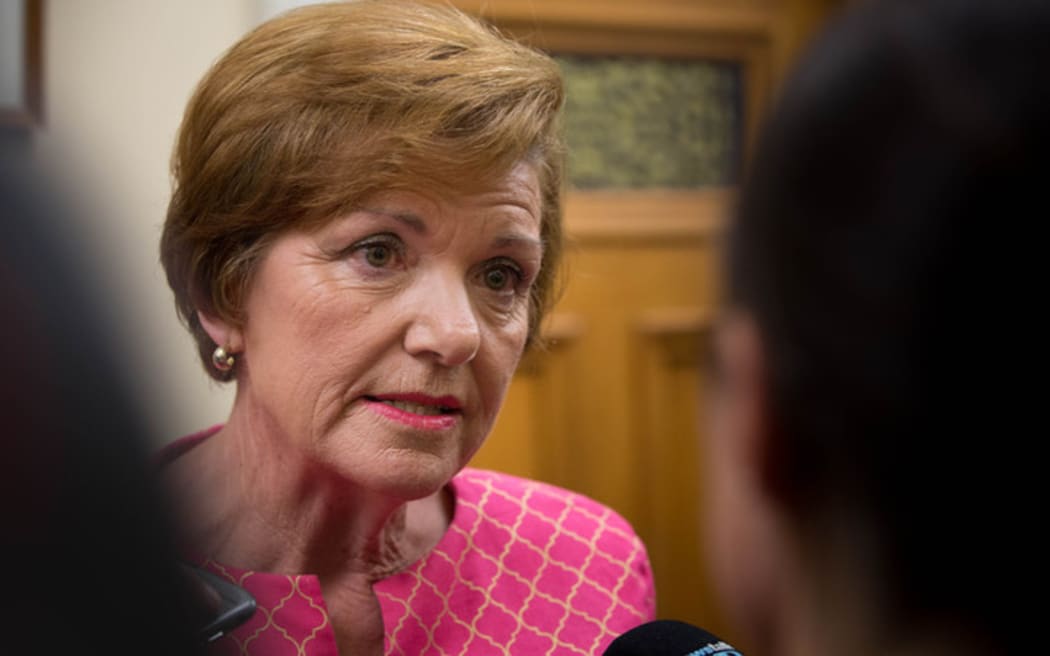
The bill was first introduced by Anne Tolley, the former Minister of Social Development. Ms Tolley is now Deputy Speaker. Photo: RNZ / Cole Eastham-Farrelly
-
During the committee stage the Minister in charge Carmel Sepuloni said: “the officials were really clear that they felt that the purpose of the bill that was introduced by the previous Government was much more narrow, and that it was focused on protecting the title as opposed to the role that was being undertaken by a social worker. So, as a Government, and as the Minister, we had to make the decision as to whether we would extend out beyond what the original intent of the bill was.“
OMG blasphemy! - committee stage
What:
-
The continued committee stage of the Crimes Amendment Bill which does a few things:
-
Repeals the law of “blasphemous libel” which is listed as an offence under the Crimes Act 1961, under the heading 'Crime against religion'.
-
Repeals the ‘year and a day’ law or Section 162 of the Crimes Act.
-
Repeals Section 71(2) of the Act which deals with spouses or civil union partners being charged as an accessory after the fact.
-
There’s a move planned to add the provisions of a current Member’s Bill (Ian McKelvie’s on rustling) to this bill.
-
Committee stages can be one of the longest stages for a bill in the House. MPs pull apart the details of the bill to make sure it will do what it promises to do. They also have the chance to speak multiple times which makes this a good stage to filibuster (slow the process down).
Who:
-
Minister of Justice Andrew Little is in charge of this bill.
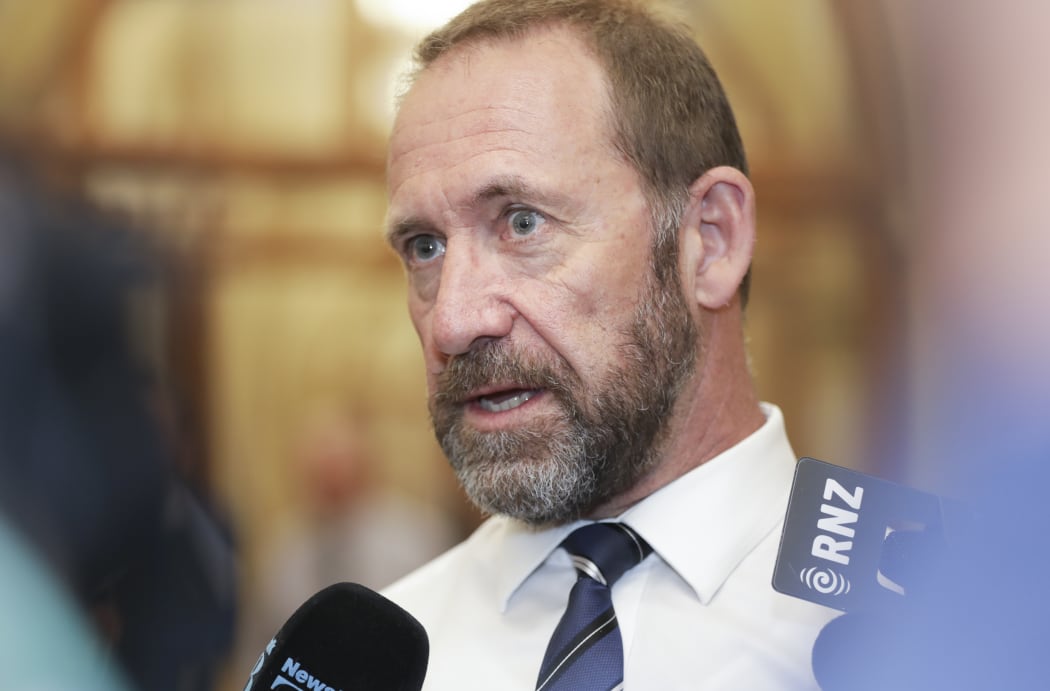
Minister of Justice Andrew Little. Photo: RNZ / Rebekah Parsons-King
Why:
-
Imprisonment for up to a year remains possible under current law for anyone who publishes any ‘blasphemous libel’ which can include worshiping Satan, or saying that God is cruel or unkind. While the clause is widely seen as anachronistic, removing it was the subject of most of the submissions on this bill. Yes you can read the written submissions on a bill online.
-
The ‘year and a day’ law prevents people being charged for causing someone's death if they died more than 'one year and a day' after the criminal act. The law has prevented charges being laid in recent years, including in relation to the collapse of the CTV building in the 2011 Christchurch earthquake.
-
Someone who helps a person who has committed a crime can be charged with being an 'accessory after the fact' unless they are that person’s spouse or civil union partner. This Bill will get rid of that exception for spouses or partners.
ACC changes - committee stage
What:
-
Official title: The Accident Compensation Amendment Bill
-
This bill aims to tidy up inconsistencies between different pieces of legislation and keep the regulatory system up to date and relevant.
-
It will make several changes including allowing surviving spouses to receive up to five years of weekly compensation regardless of age, and disestablishing the Accident Compensation Appeal Authority, which hears cases under the 1972 and 1982 Accident Compensation legislation.
-
This is another committee stage which can take a while, depending on how much the MPs want to pick apart the details of the bill. It’s an important stage though, as it checks the Bill has all the details necessary to do what it says it will do.
Who:
-
The Minister for ACC, Iain Lees-Galloway

Photo: VNP / Phil Smith
See what the House manages to get through each day on the Parliament website here.


